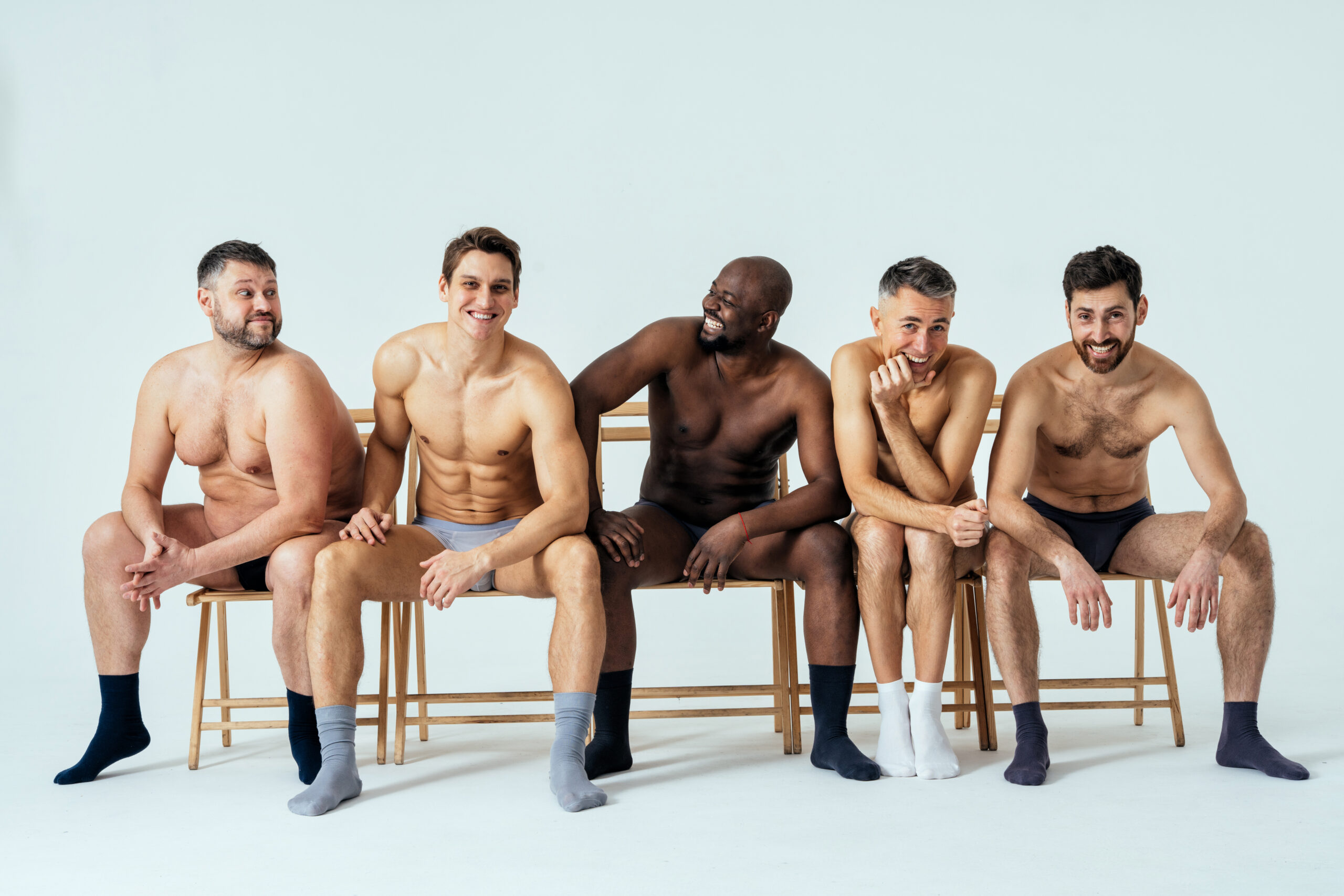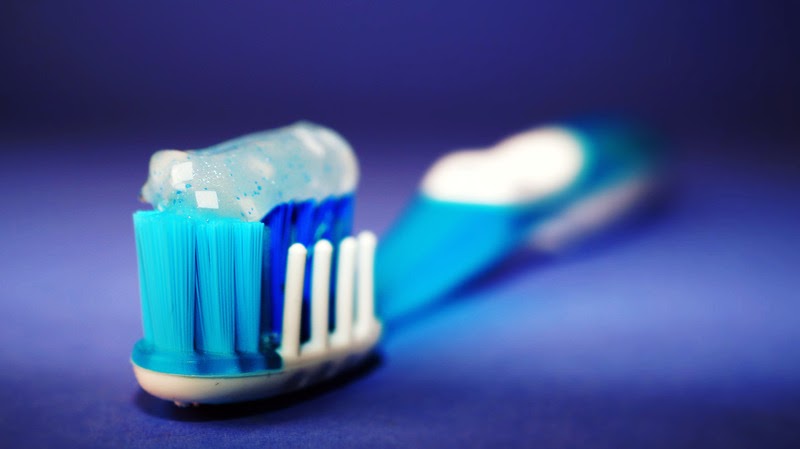There are over 48 million people in the US who are affected by hearing loss. Hearing loss typically becomes more prevalent as people get older, but it can affect people of any age. There are many potential causes of hearing loss, many of which are medical conditions, but there are also preventable causes.
If you believe you’ve suffered hearing loss due to a preventable cause, you may have a right to compensation. Keep in mind that this will only be true if your hearing loss was caused because of the fault or negligence of an outside party. To see if you have a case, you’ll need to determine the source of your hearing loss and examine the situation.
Common Preventable Causes
Hearing loss most commonly comes from these sources: Prolonged exposure to loud noises, exposure to sudden and unusually loud noises, and prior injuries. Occupational hearing loss is fairly common with the National Institute for Occupational Safety and Health (NIOSH) estimating that roughly 30 million workers were exposed to noise levels extreme enough to cause hearing loss between 2004 and 2010. NIOSH recommends that workers not be exposed to levels above 85 decibels for more than eight hours, and any employers disregarding regulations may be liable for damages.
Sudden loud noises can include things like explosions, gunshots, or even a blast of music. The louder the noise, the less time it takes to cause potentially irreversible hearing loss. Such noises can damage the eardrum or the bones in the middle ear. In addition to loss of hearing, these events can cause conditions like tinnitus, which results in frequent ringing or roaring in the ear.
Hearing loss can also occur after an injury. Car accidents are common examples of this. Damage to the eardrum and middle ear can occur with a wide variety of head injuries. Traumatic brain injuries can potentially cause some level of hearing loss as well. In rare instances, hearing loss can even be caused due to complications in surgical procedures or due to certain medications.
Building a Case
It’s important to remember that to have a personal injury case for hearing loss, you’ll need to prove that the cause was due to another party and that you didn’t willingly subject yourself to the event. This means that hearing loss caused by things like a fireworks display or concerts are less likely to be compensated.
If you suspect you’ve suffered hearing loss, you can determine the extent of it through tests (see https://www.soundrelief.com/hearing-loss/online-hearing-test/ for more information). This way you’ll have up-to-date information as you start gathering materials for a case. You’ll want to collect all medical records that are relevant to your hearing loss as well, as these can help paint a better picture of exactly when the loss occurred, and keeping up with any recommended treatment or follow-up appointments will look good for you.
Finding Help
To have your best shot at winning a personal injury case, it’s a good idea to have experienced professionals on your side, such as these Albuquerque personal injury lawyers. They know how the system works and can use the materials you bring them to bring your case to a resolution as efficiently as possible. Many personal injury lawyers work on a contingency basis as well, meaning you’ll only pay them if they win your case.
In addition to your medical records, it’s recommended to bring any relevant evidence you might have to your consultation with a lawyer. This may include any relevant visual evidence of the scene where you suffered hearing loss, witness reports, medication information, or anything else that could shed light on the situation. This demonstrates that you take your case seriously and that you’ll cooperate with your attorney, which can make them more likely to accept your case.













